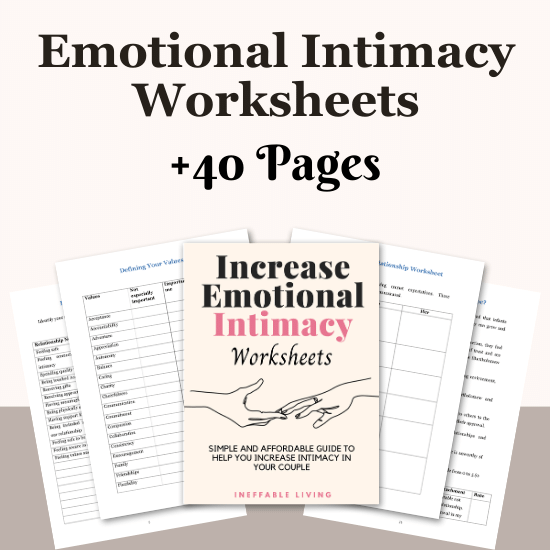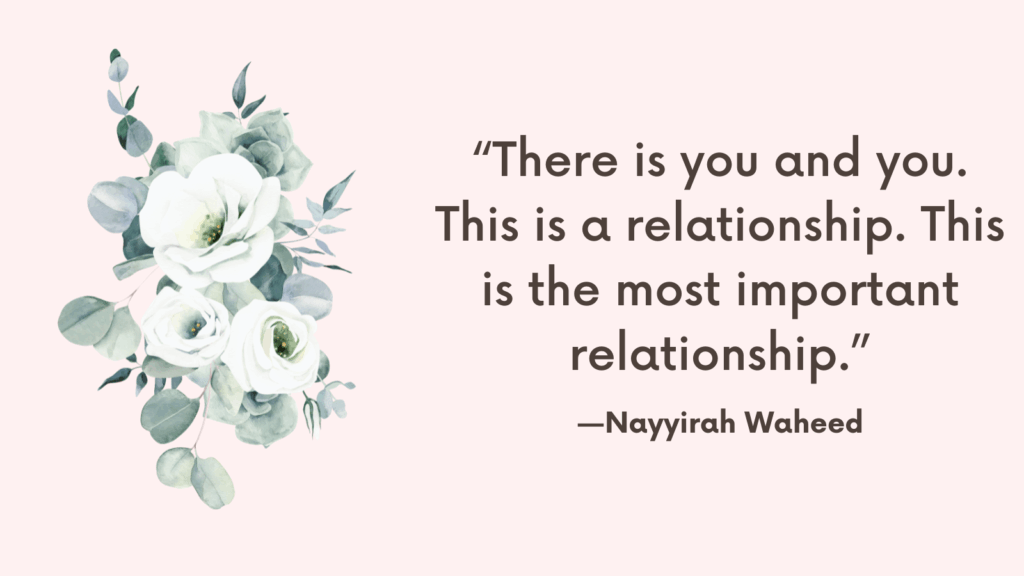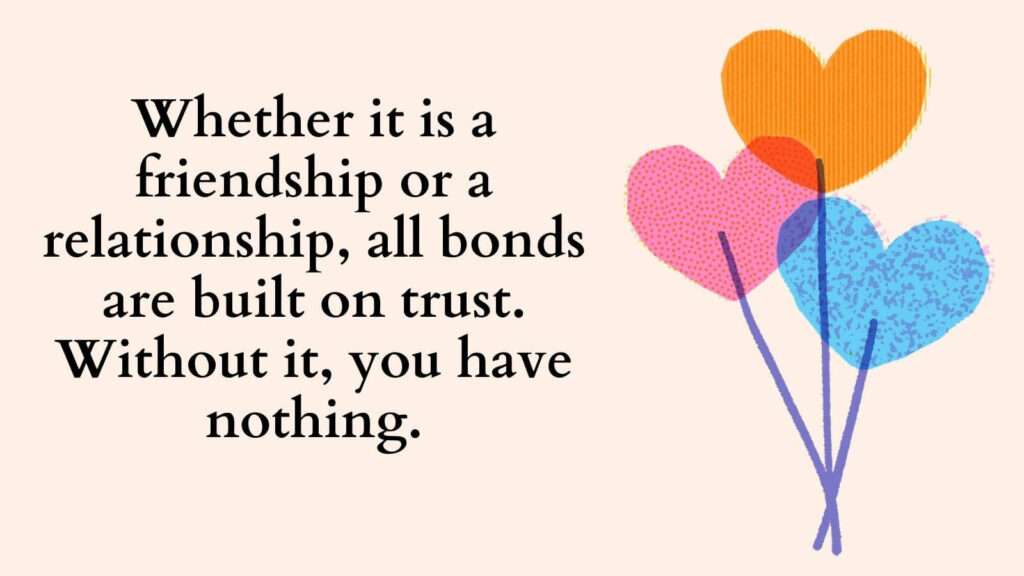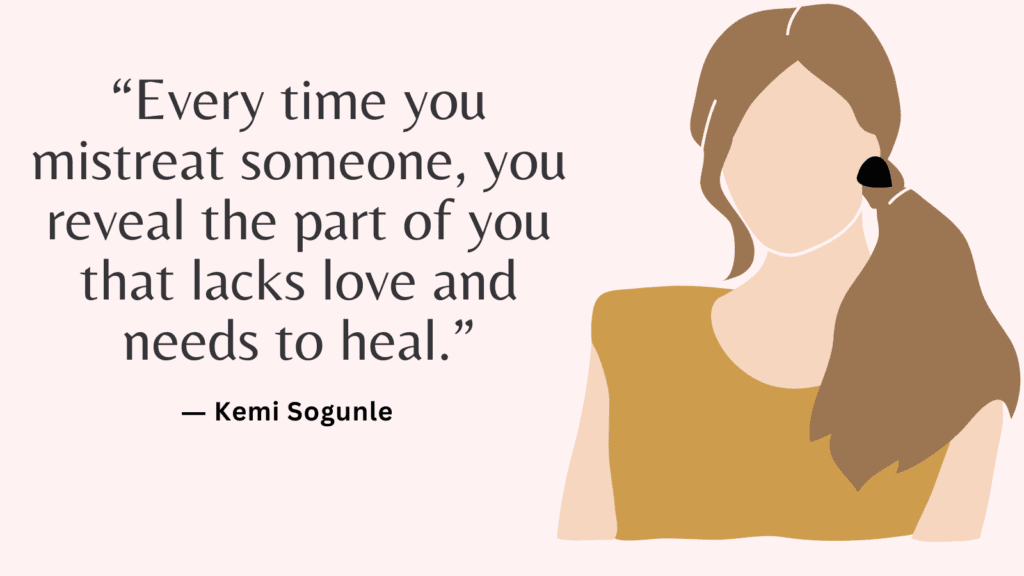Healing from emotional abuse is not just about leaving the relationship — it’s about reclaiming your voice, rebuilding your self-worth, and learning to feel safe in your own body again. One of the most powerful tools in this healing process is setting clear, protective boundaries.
After abuse, boundaries aren’t just rules for others — they’re self-honoring choices that say: I deserve peace. I deserve respect. I deserve to feel safe.
Here are the most important boundaries to support your emotional healing after abuse.
Why Boundaries Are Crucial After Emotional Abuse
Emotional abuse distorts your sense of safety, self-trust, and identity. After surviving it, boundaries aren’t just protective—they’re restorative. You may need them because:
- You were trained to prioritize someone else’s emotions over your own
- You lost track of where you end and others begin
- You internalized blame, guilt, or fear for having needs
- Your nervous system was conditioned to expect criticism, chaos, or control
- You never learned what healthy emotional space looks like
Boundaries aren’t walls—they’re self-respect in practice.
Related: Healing From Emotional Abuse In 12 Practical Steps
Boundaries That Help You Heal After Emotional Abuse
1. No Contact (or Low Contact If Necessary)
Cutting off communication is often essential to healing. It gives your nervous system space to reset without manipulation, guilt trips, or false promises pulling you back in. If you must maintain some contact (for example, co-parenting), keep it brief, factual, and emotion-free.
2. Limit Exposure to Triggers
Block their social media, delete old conversations, and stop checking mutual friends’ updates. Constant exposure to their life can keep emotional wounds raw and prevent you from focusing on your own recovery.
3. Set a Boundary With Your Inner Critic
Abuse often teaches you to mistrust yourself. Start noticing when your inner voice mimics the abuser’s tone — and interrupt it. Say: That’s not my voice. That’s what I was taught. I don’t have to believe it anymore.
4. Say No Without Explaining
You don’t owe long justifications. “No” is a full sentence. Reclaim your right to say no to conversations, requests, or environments that make you feel small, drained, or unsafe.
5. Limit Conversations About the Abuser
People may mean well when they ask how you’re doing or bring up your ex, but rehashing the trauma can be exhausting. Let trusted friends know what’s helpful — and what’s not — in your healing process.
Related: Best Support Groups For Emotional Abuse (Online & In Person)
6. Don’t Tolerate Guilt as a Tool
If someone tries to make you feel bad for protecting your peace, that’s a red flag — not a reason to loosen your boundaries. Your healing is not up for negotiation.
7. Protect Your Alone Time
Rest and solitude are essential for healing. Create pockets of time where no one else’s needs come before yours. Use this time for journaling, therapy, movement, or simply resting.
8. Guard Your Energy in New Relationships
Healing doesn’t mean you have to isolate, but it does mean moving slower, asking deeper questions, and being aware of red flags. It’s okay to say: I’m still healing. I need to take things one step at a time.
9. Don’t Share Your Story With Just Anyone
You have every right to be selective about who hears your story. Share with people who make you feel safe, not those who minimize, question, or try to “fix” you.
10. Reaffirm That Boundaries Are for You
Boundaries aren’t about punishing others — they’re about protecting your peace. You don’t need others to understand them for them to be valid.
Related: Emotional Abuse Test (+Resources For Emotional Abuse Recovery)

Conclusion
After emotional abuse, boundaries are your road back to yourself. They help you feel safe, rebuild trust in your instincts, and create a life that’s no longer defined by fear or control. Setting them may feel hard at first — but over time, they become the scaffolding of your healing.
The more you honor your boundaries, the more clearly you’ll remember: You are not too much. You are not too sensitive. You are someone who deserves to feel safe, loved, and whole. And that healing begins with saying yes to yourself.



